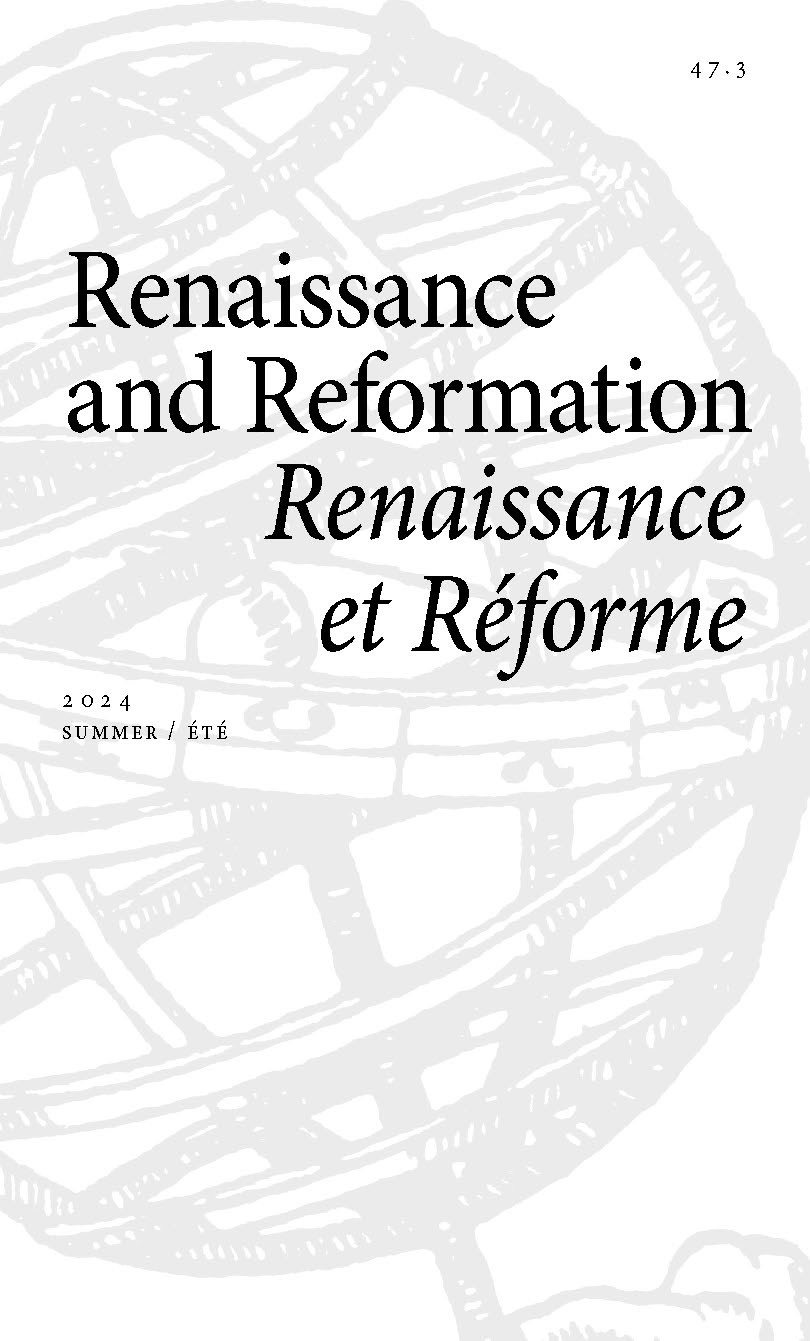The scholarship of early modern disputations has concentrated on printed theses, since they are one of the most common types of prints in the era. Although preserved minutes transcribing what was said while these theses were discussed are rare, this article argues that it is worth giving due consideration to such manuscript sources when it comes to researching this very topic. Endeavouring to investigate Catholic and Protestant examples from Central Europe between 1580 and 1660, I explore four areas where handwritten documents, such as university records and student notebooks, have the potential to nuance our understanding of different traditions pertaining to disputation. In comparison to the printed disputations typical for Protestant Europe, manuscripts with Catholic and Jesuit provenance reveal a different function of scholarly debates, which were less focused on the individual performance of the respondent and served more as a method of recapitulation in everyday education. Protestant examples, on the other hand, demonstrate that disputations played a distinguished role in the exchange of scientific knowledge and expertise. During the process of professors and students conveying information from their homeland to university centres and back, disputations changed medium from print to manuscript, and vice versa.
AUTHOR: Gábor Förköli
Published in: Renaissance and Reformation, 47(3)

